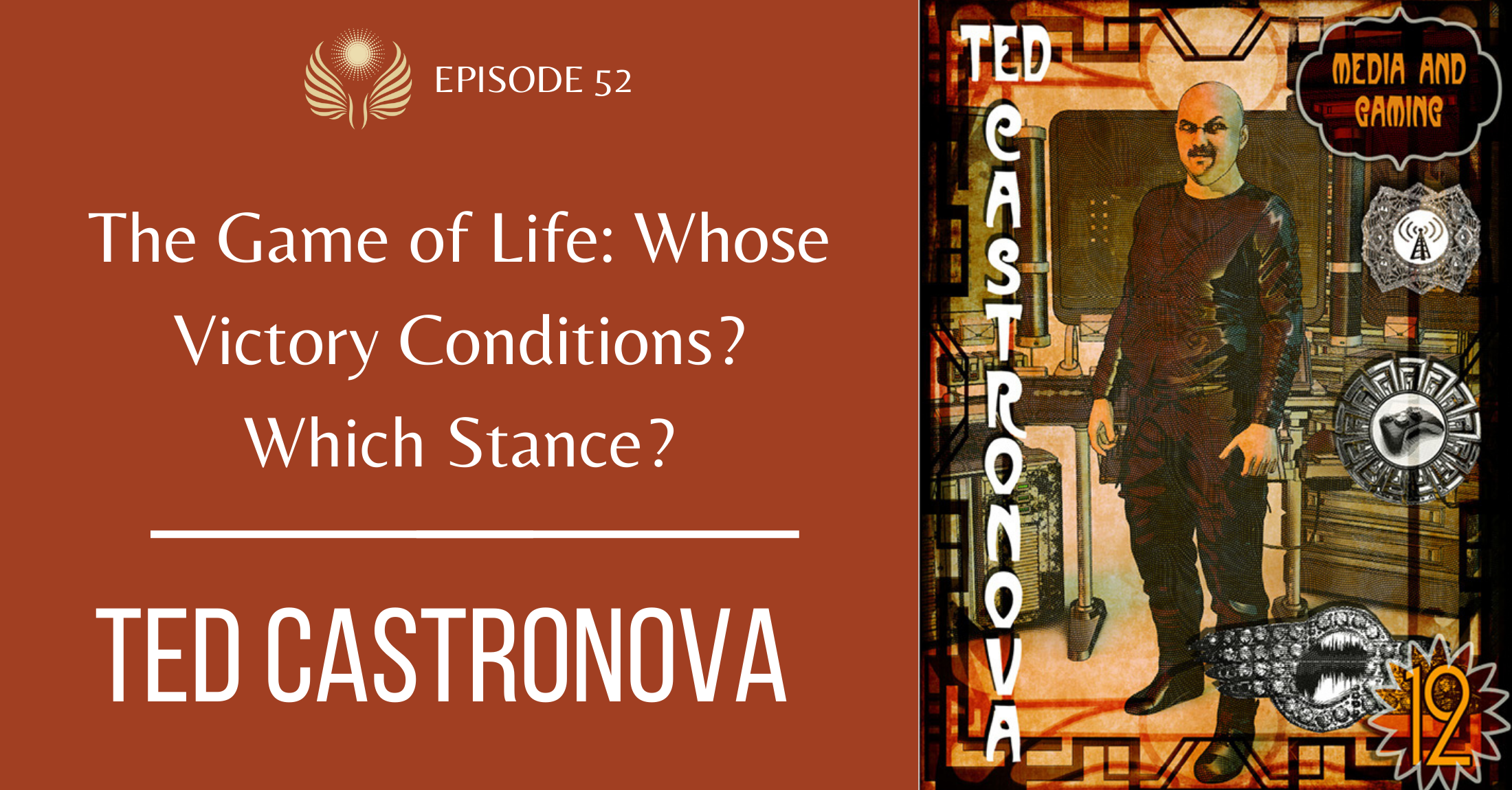In this episode, Ryan interviews historian Brad Gregory, Henkels Family College Professor of History at the University of Notre Dame. In this packed conversation, he and Ryan discuss how historical knowledge impacts our understanding of such diverse fields as economics, theology, and eschatology.
Among the many questions they ask, some pose painful challenges to the modern Christian. What if Christianity in the Western world holds responsibility for such things as the climate crisis and the sin of slavery? If pre-history was characterized not by scarcity, but abundance, what justifies the avarice so characteristic of our times? Can we hope for goodness here on earth, or is the virtue of hope only fulfilled in heaven?




